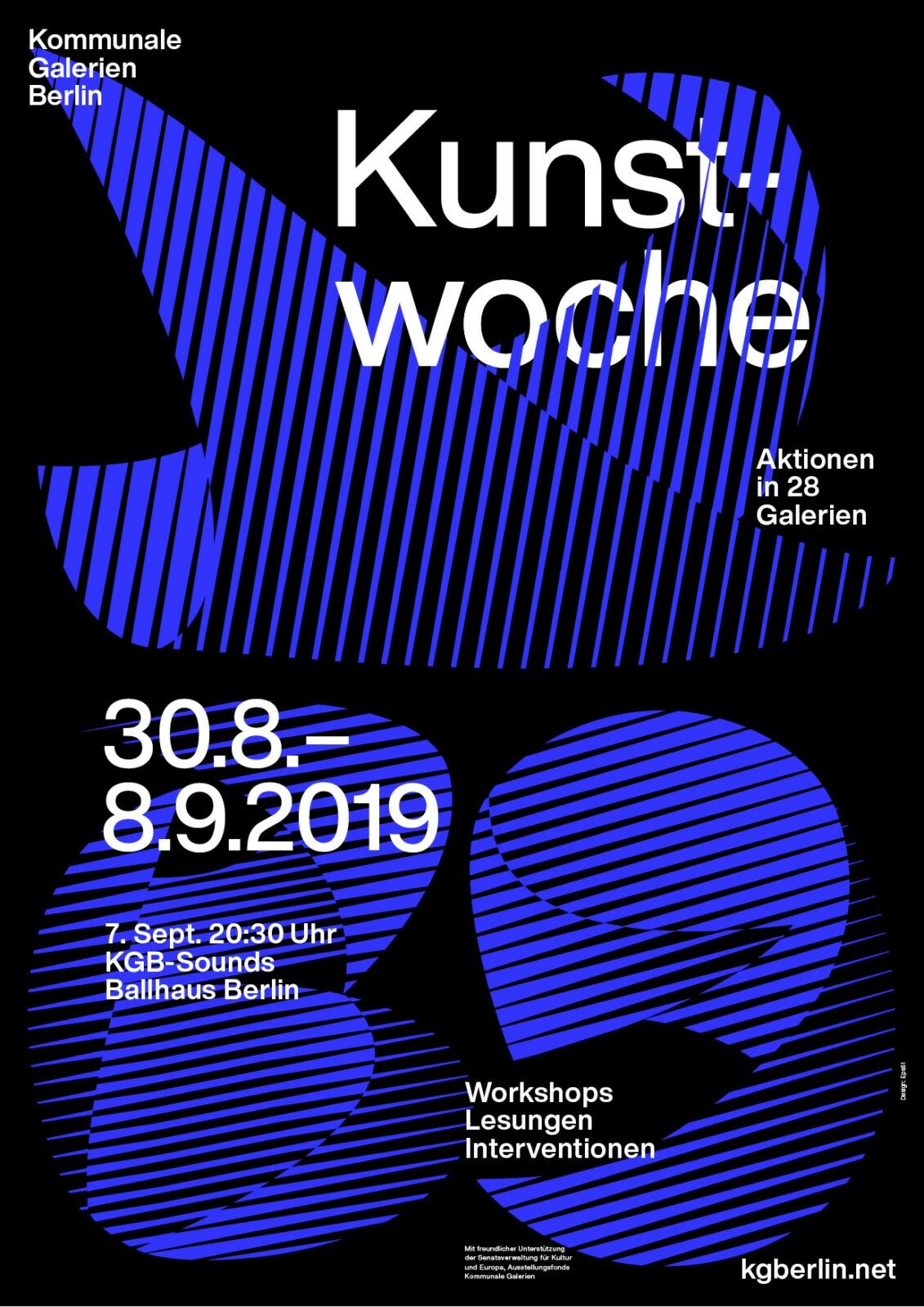
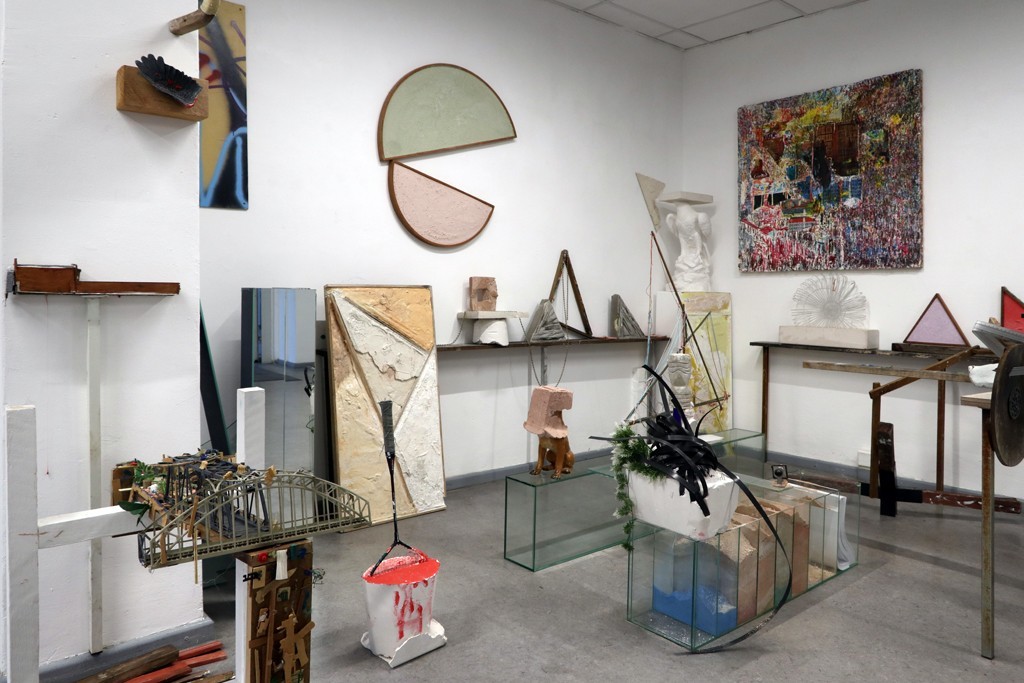
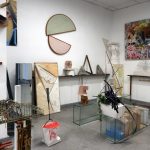
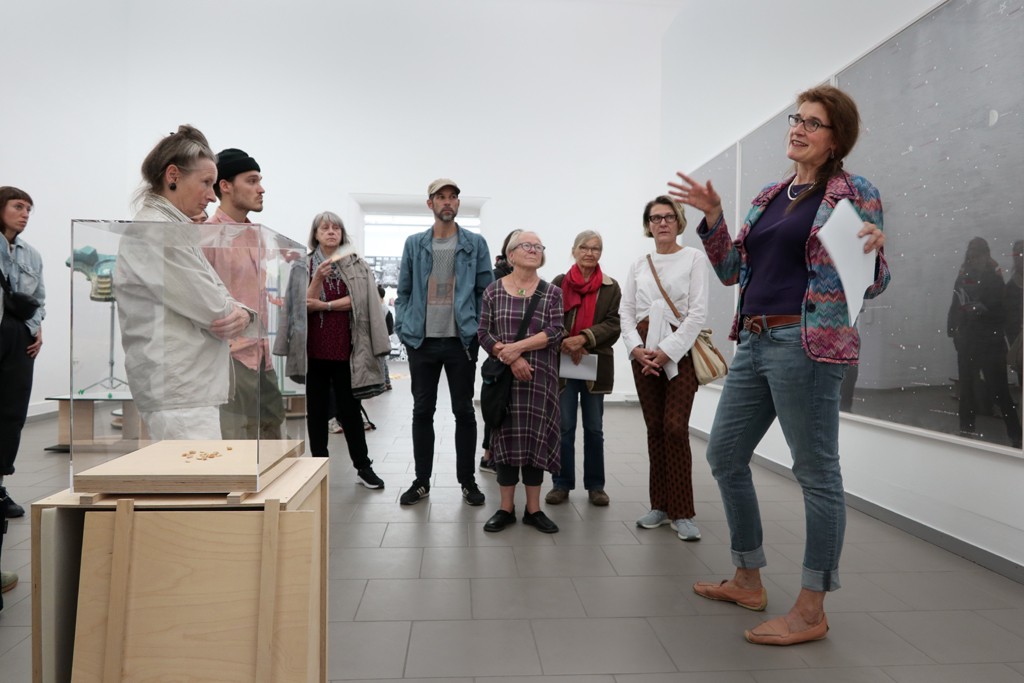
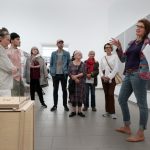
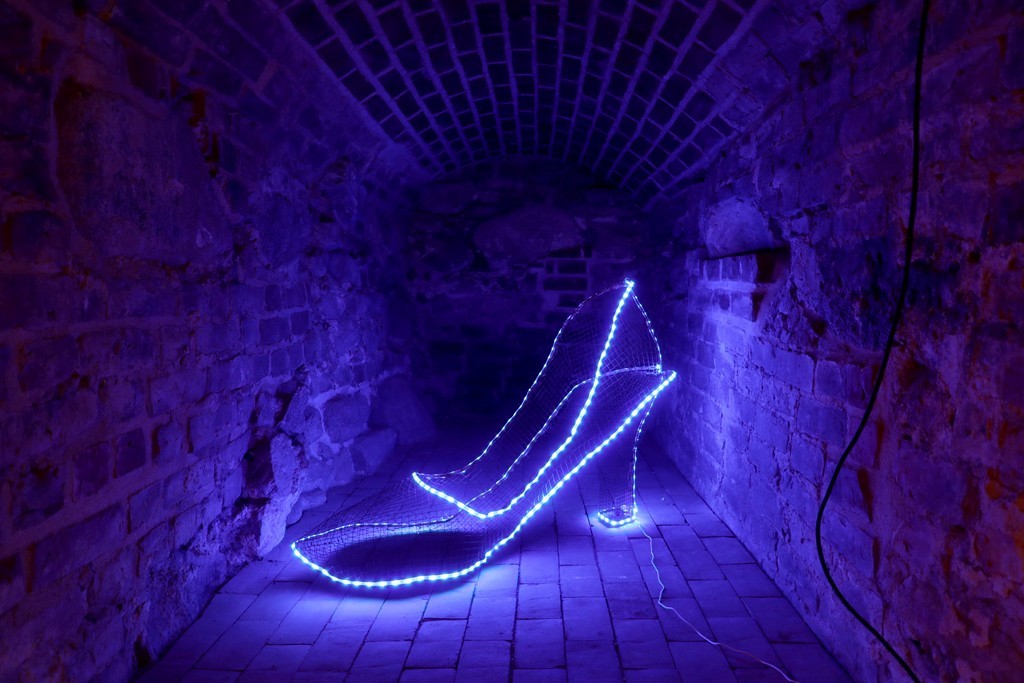

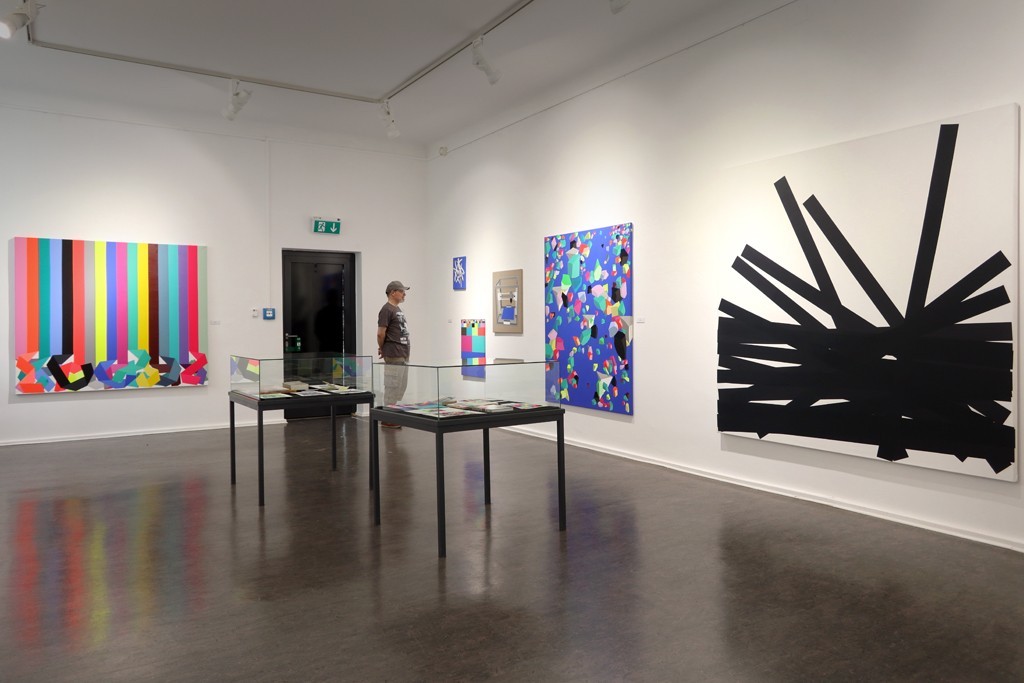



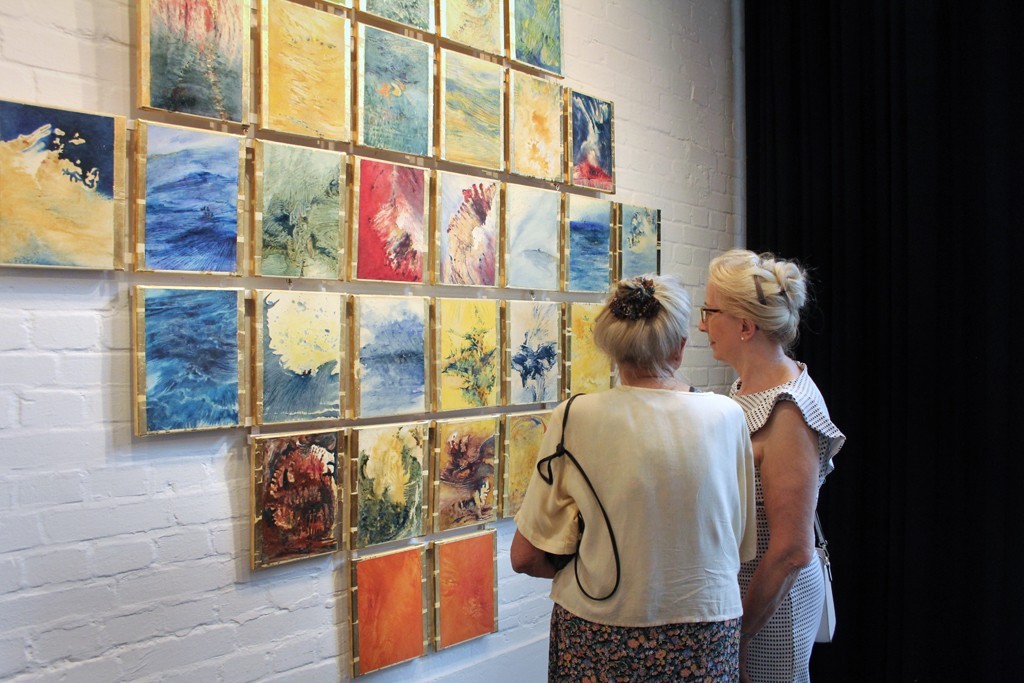


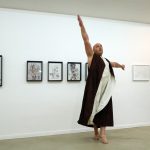
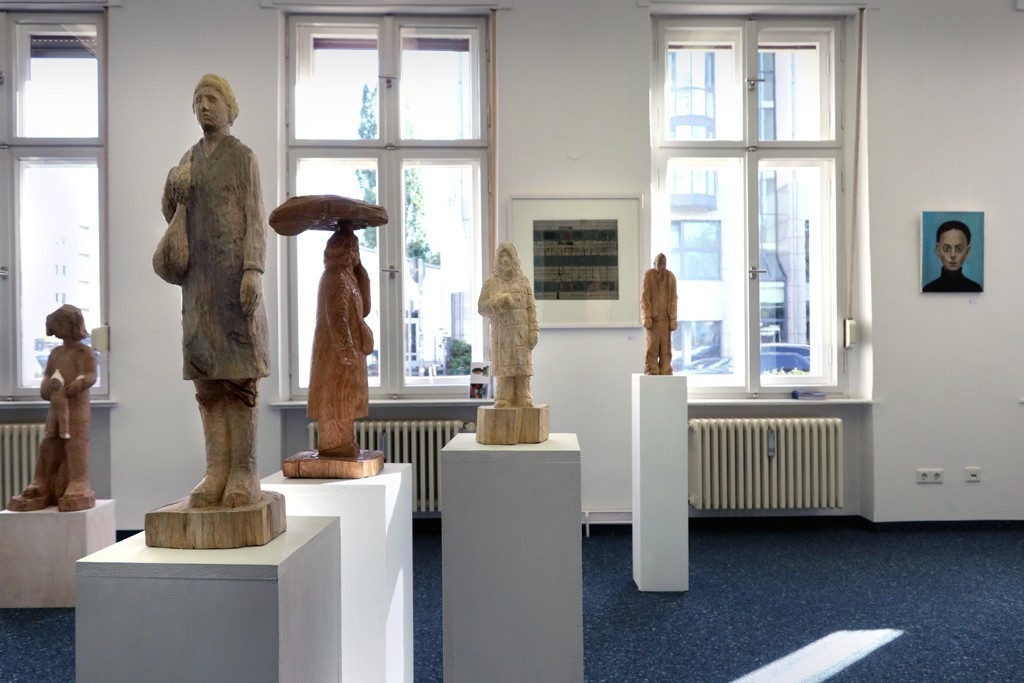
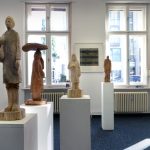

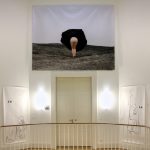
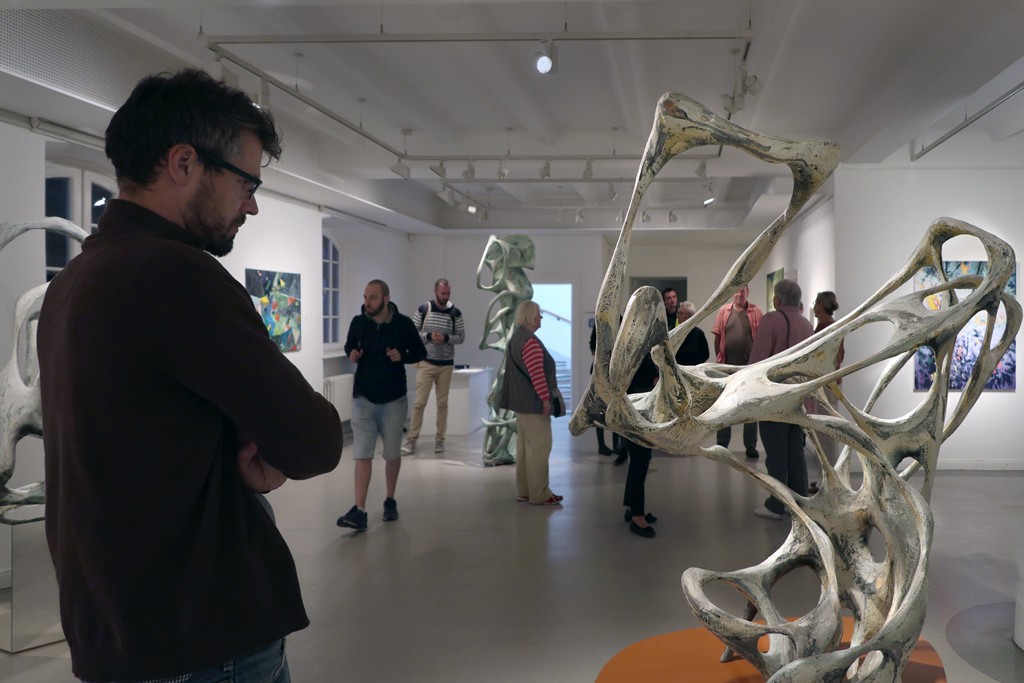
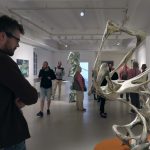
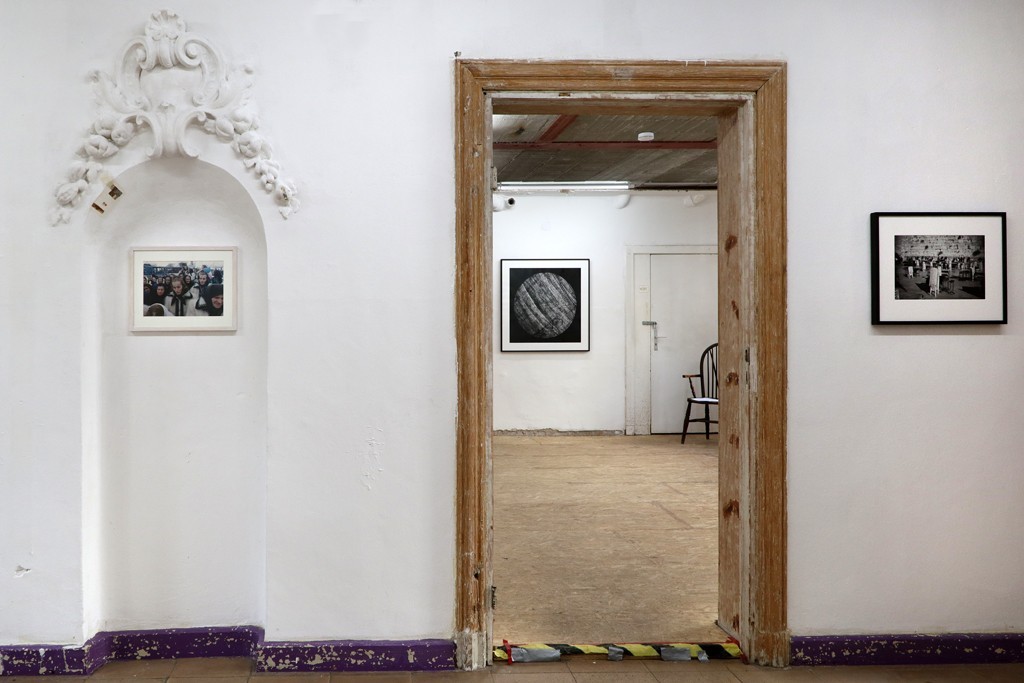

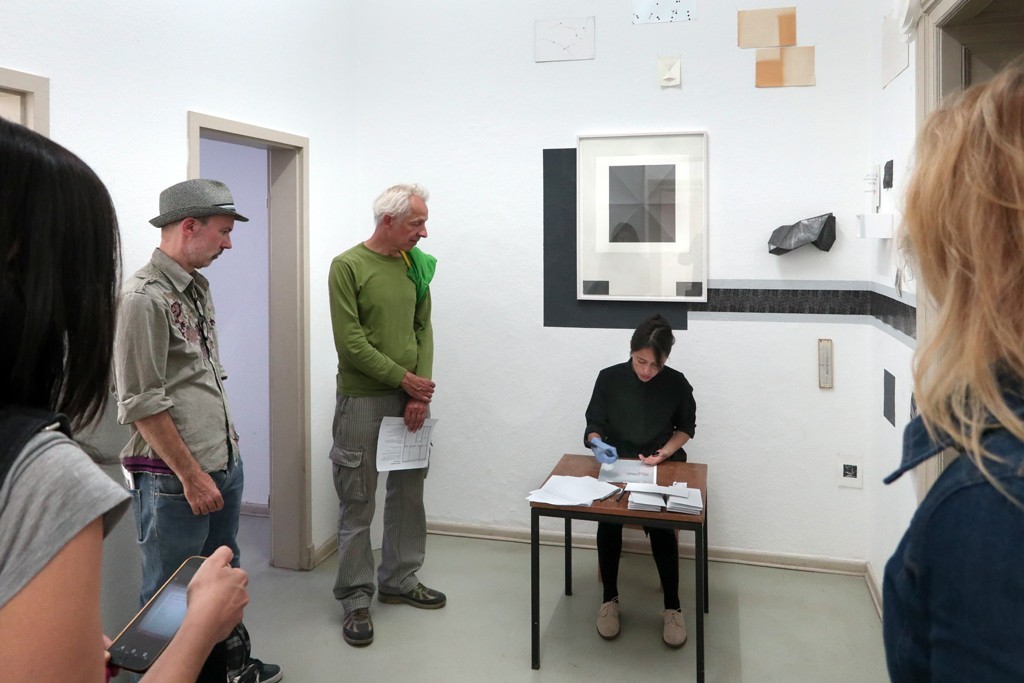
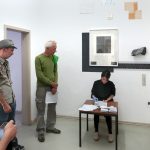
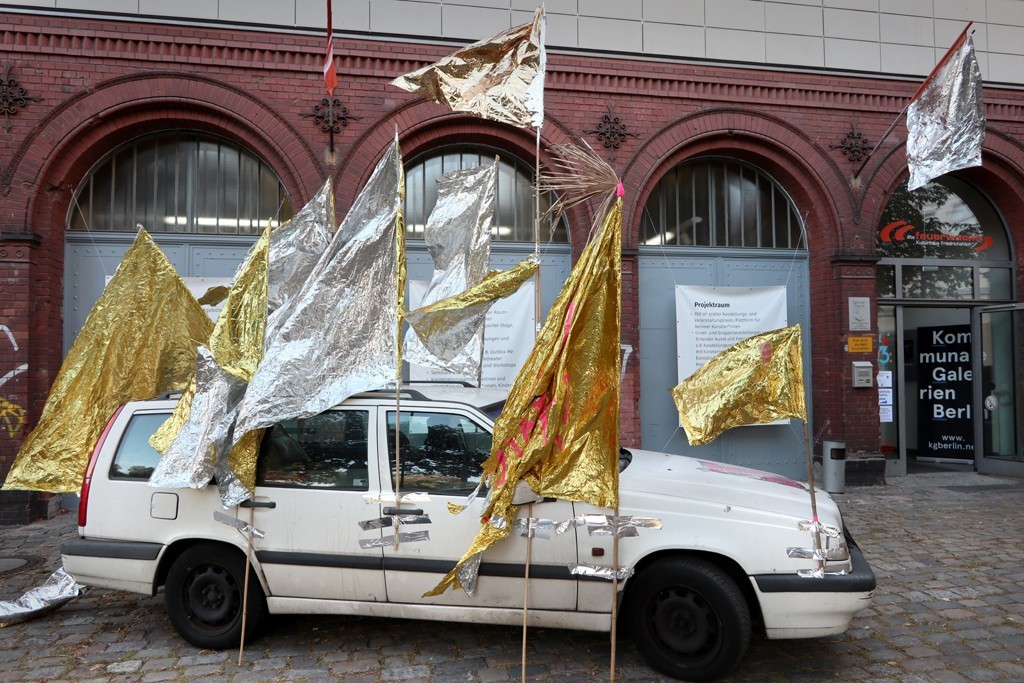
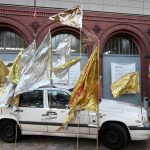
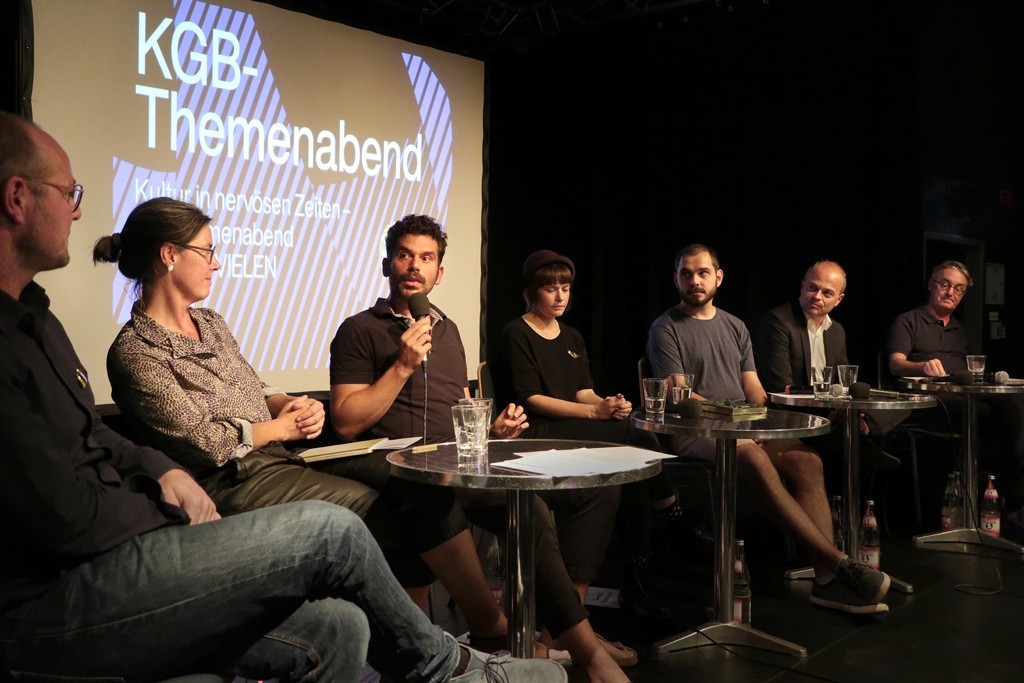
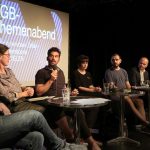
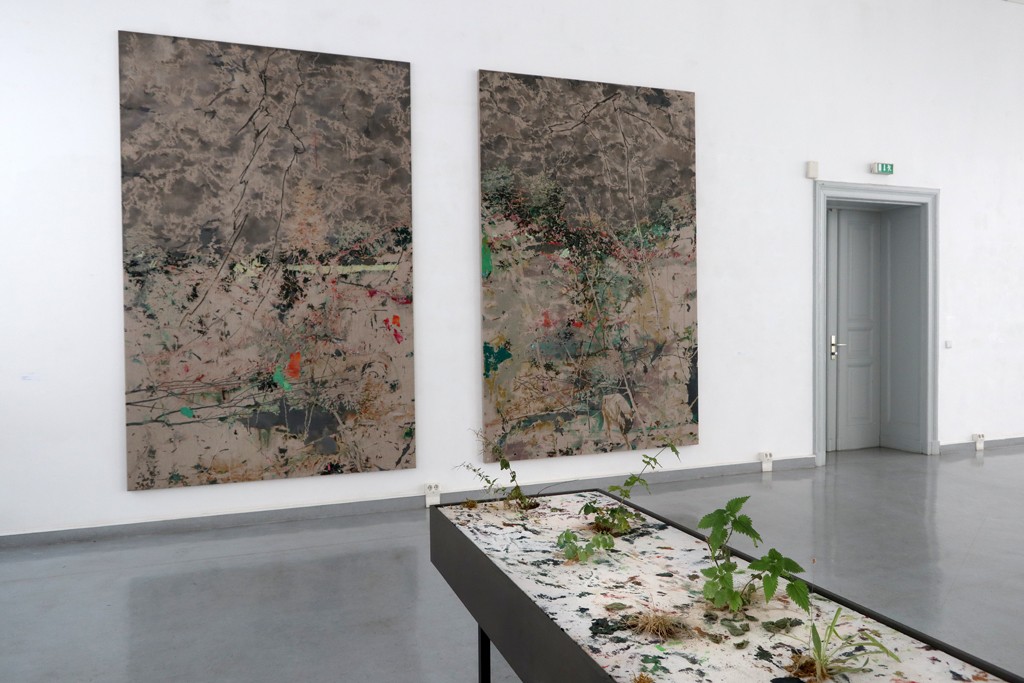
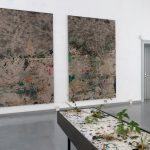
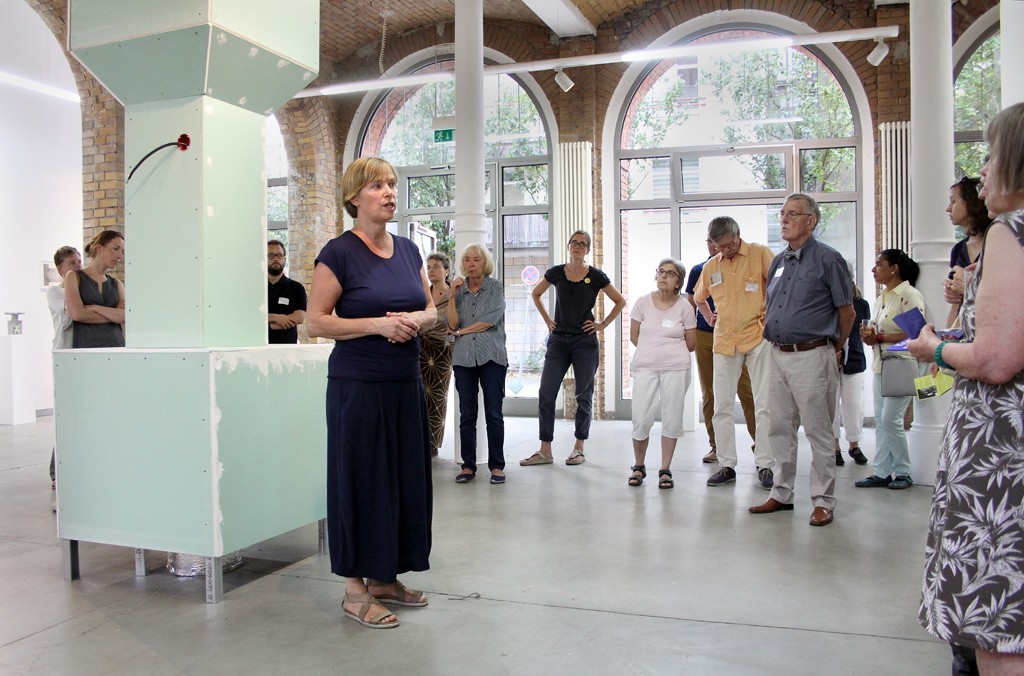
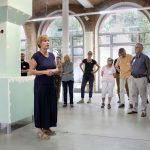
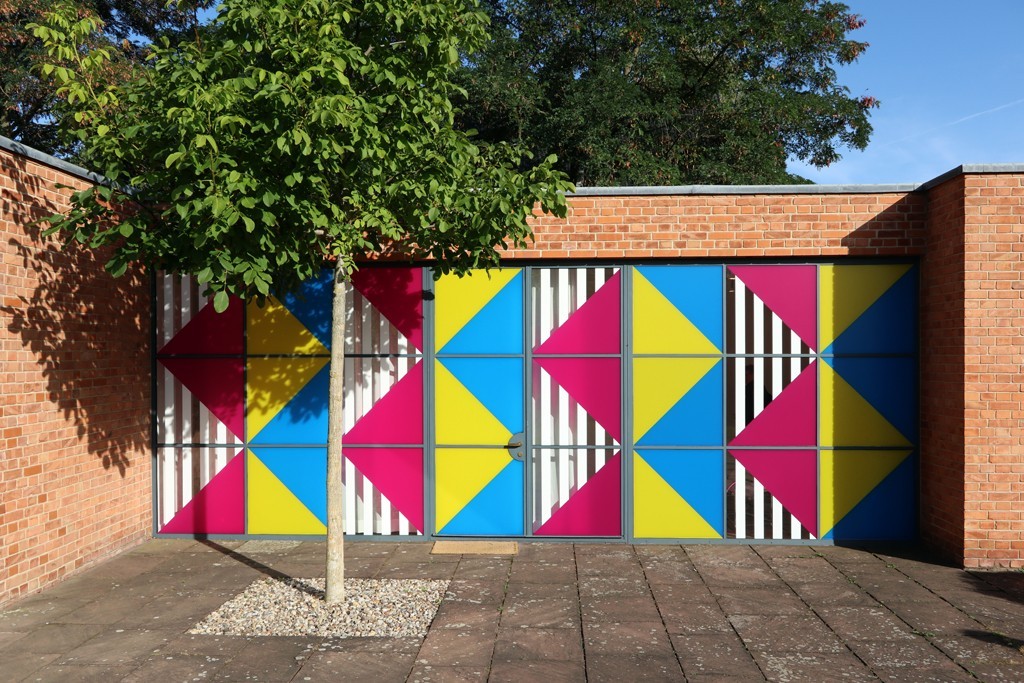
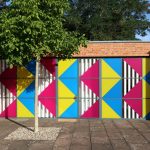

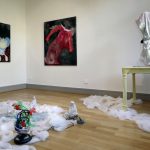
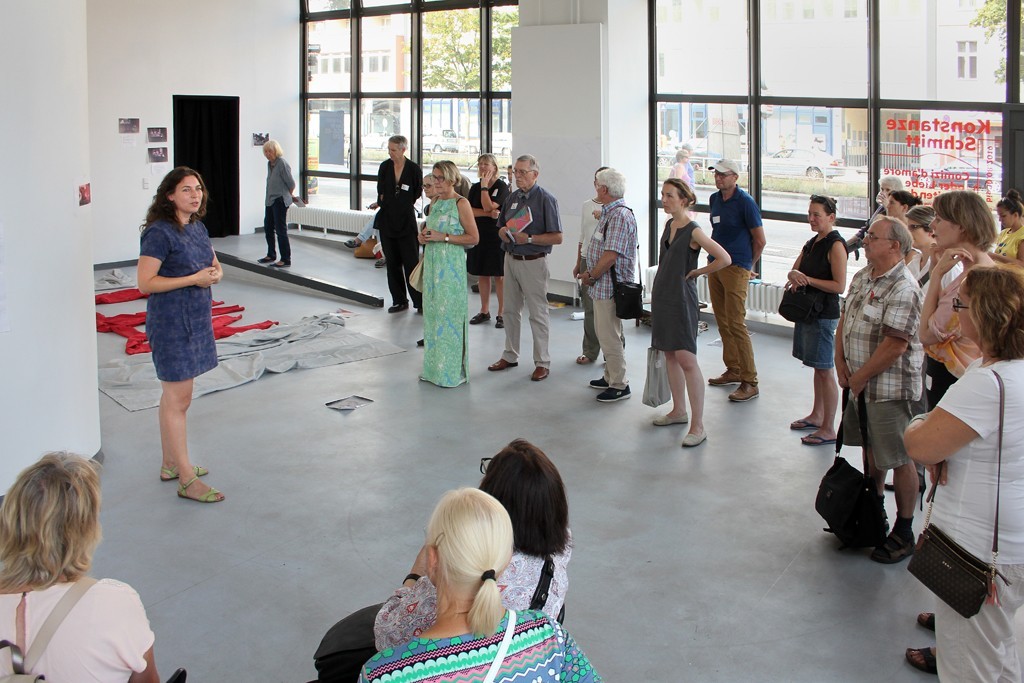
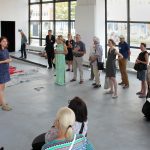
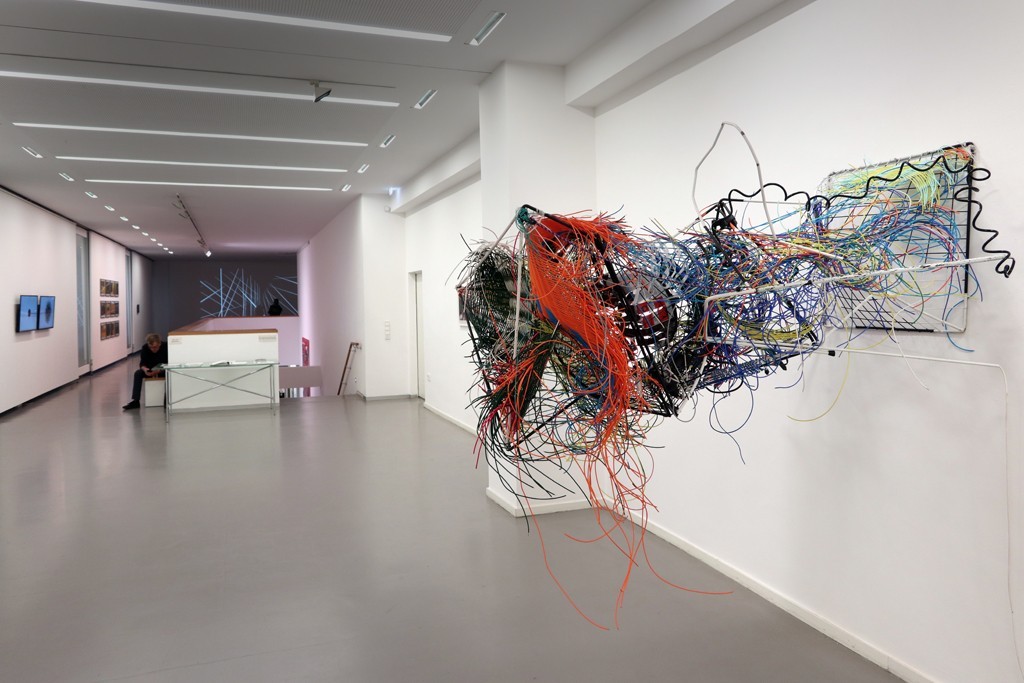

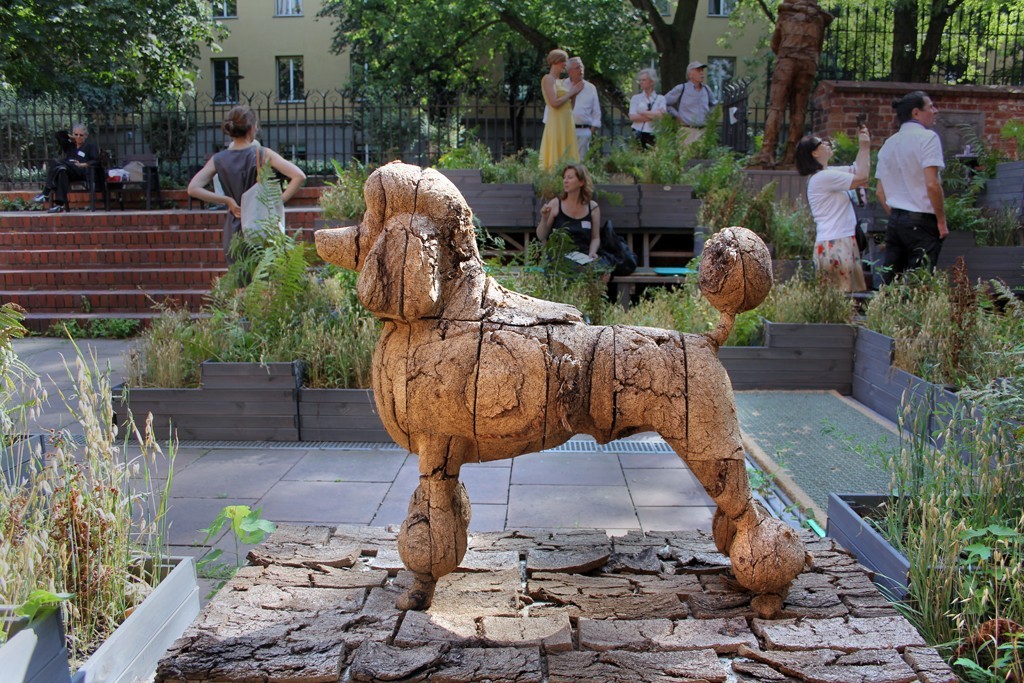
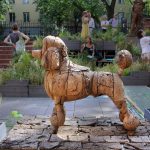


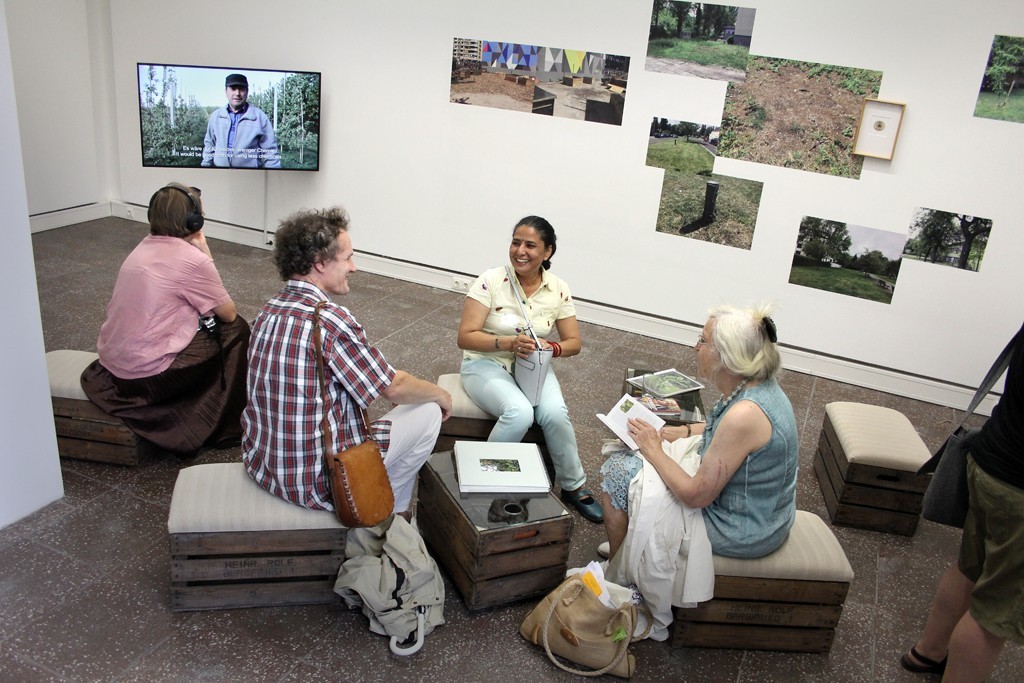
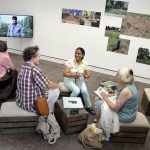
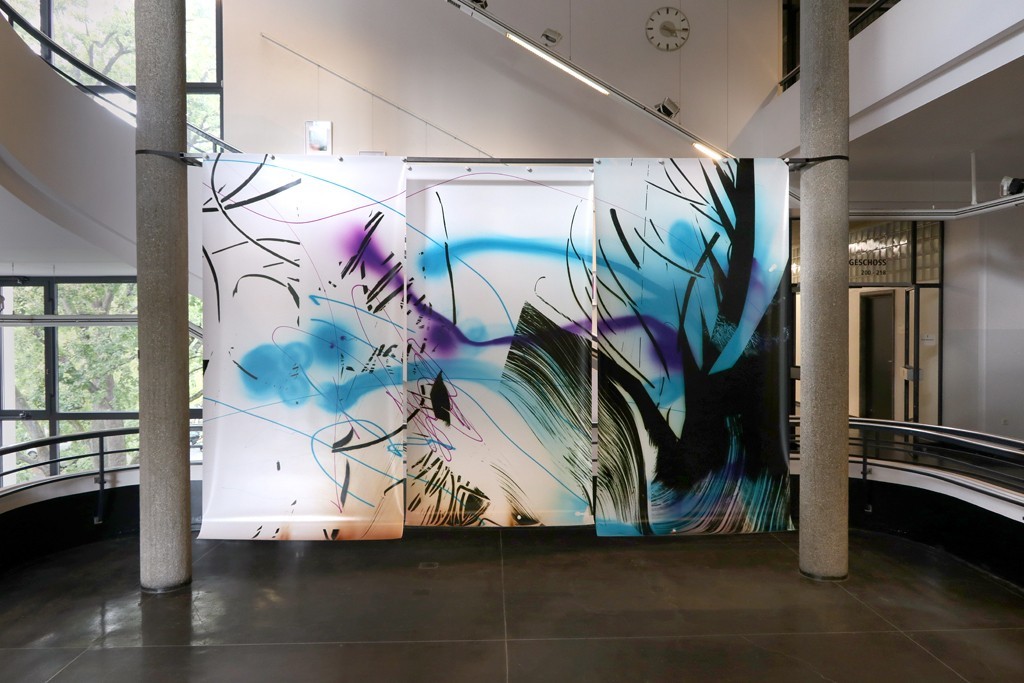
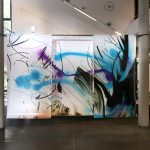
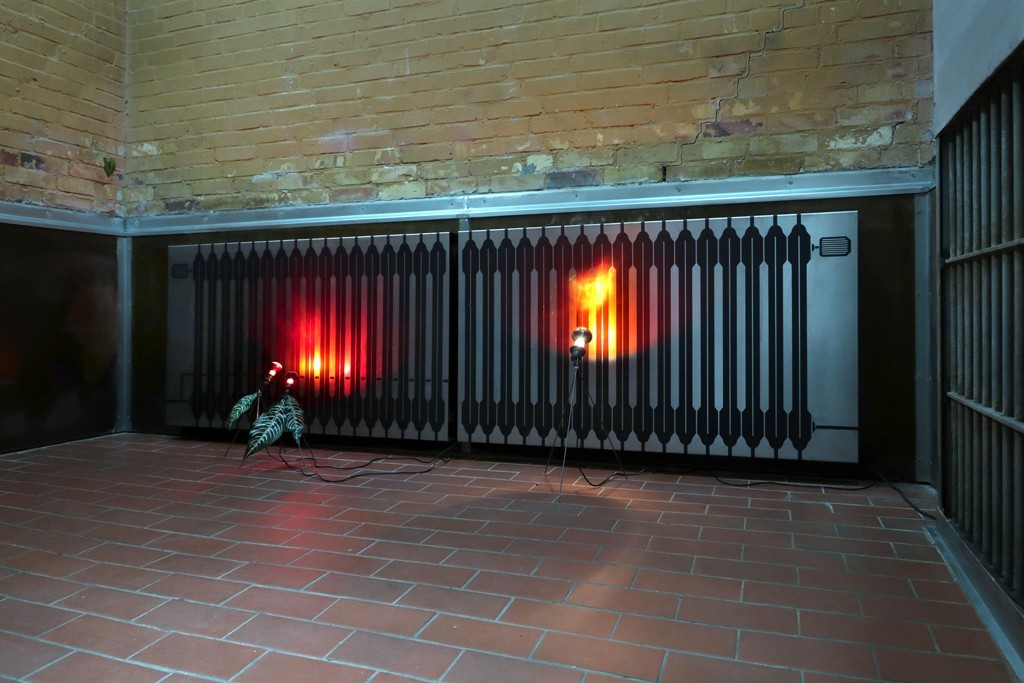
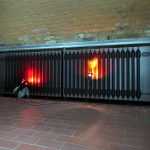
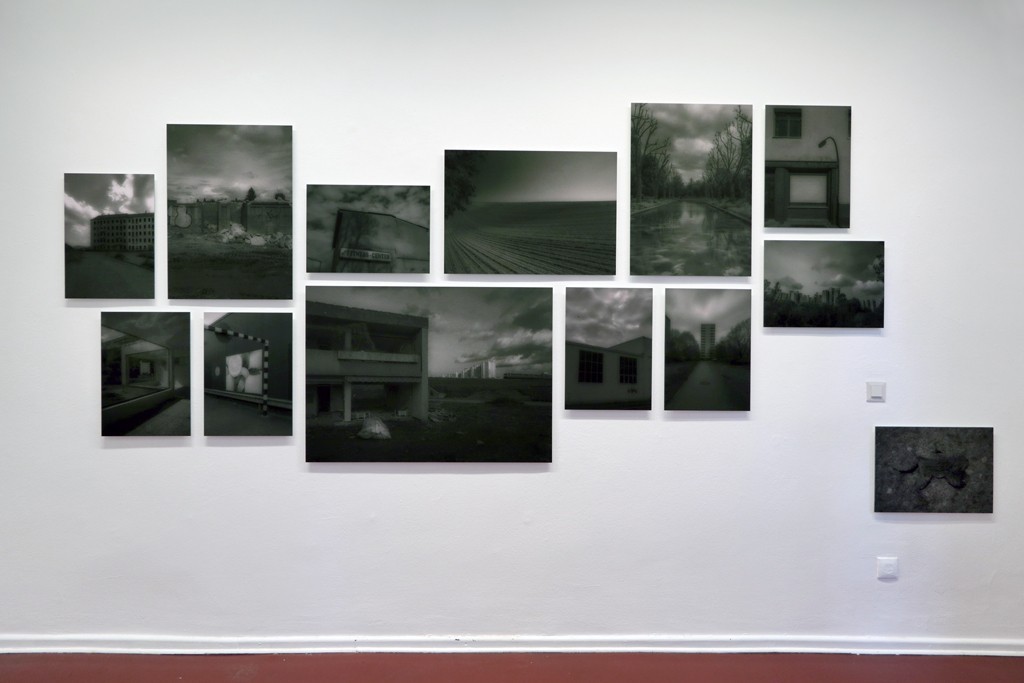
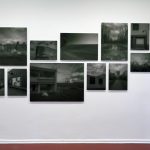
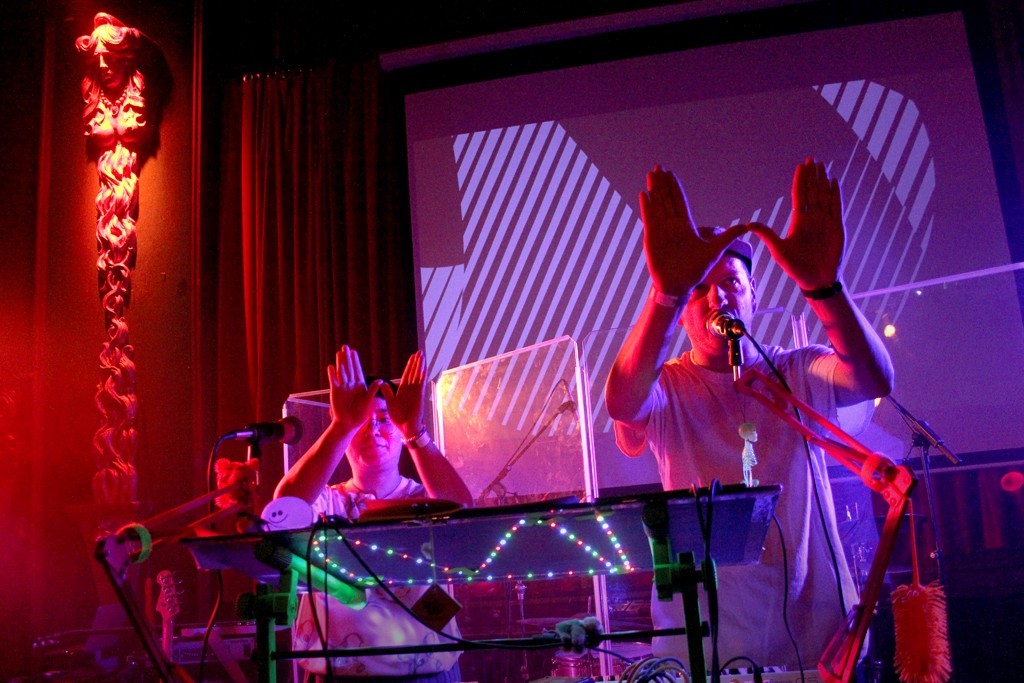

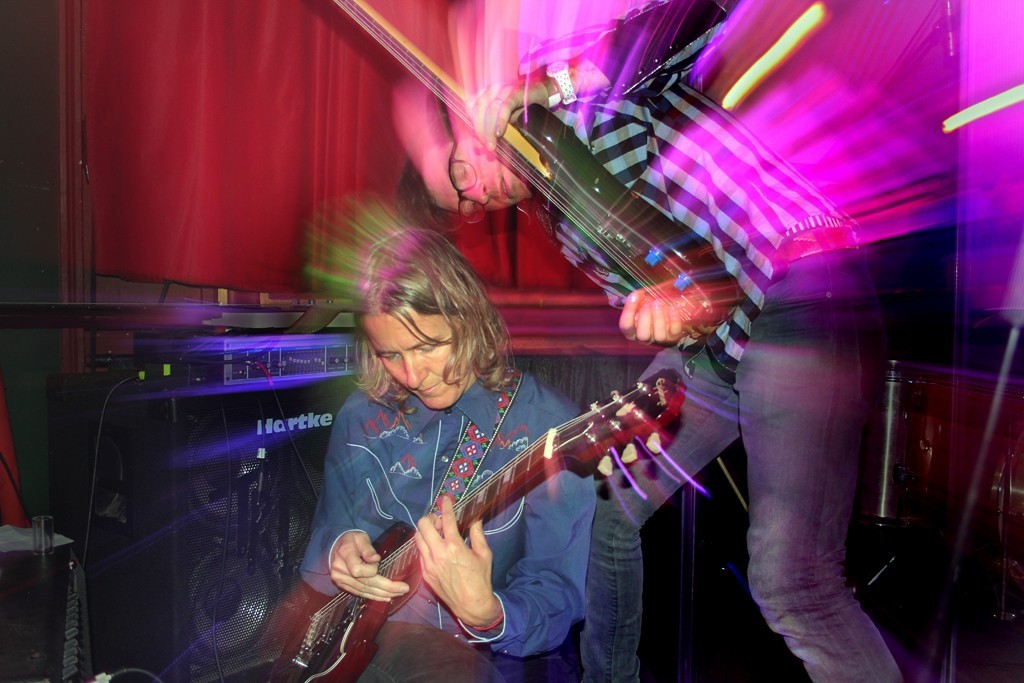
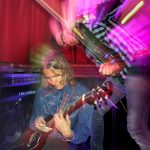


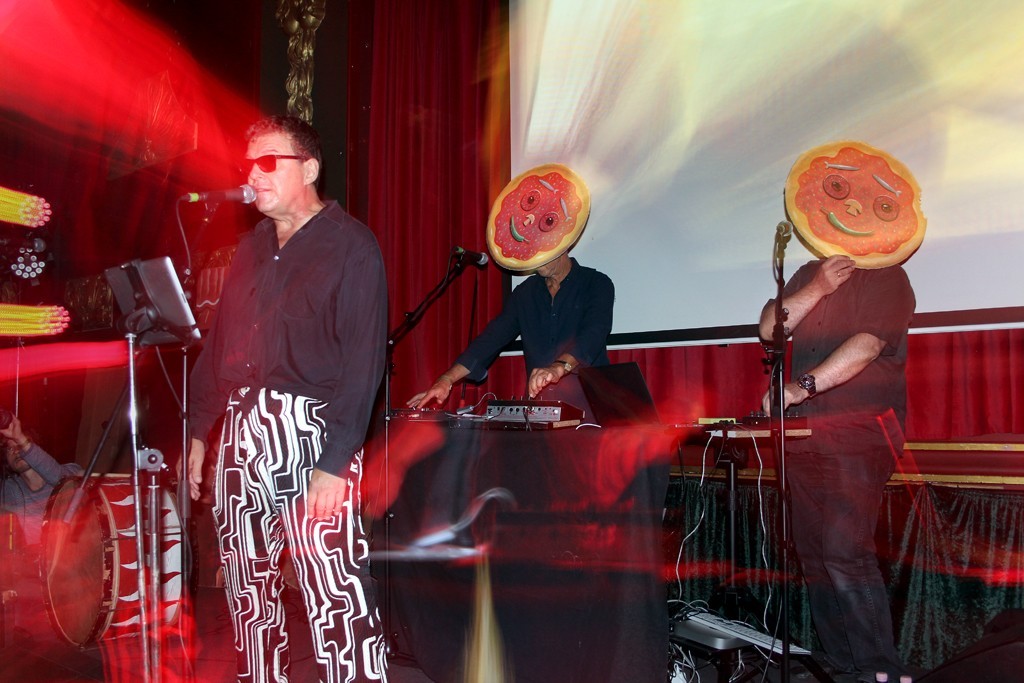
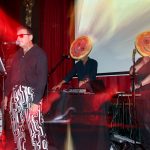

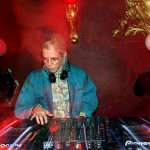
© Photographs: Nihad Nino Pušija
The sixth KGB-Kunstwoche 2019 presented a manifold programme with works from 175 artists and other cultural protagonists and demonstrated the artistic diversity in all districts of Berlin. Many thanks to all contributers!
Part art. Part cult. Part trash. Loads of noise and plenty of chaos. The now-legendary KGB Soundsconcert marked the end of KGB Art Week 2019 with a celebration featuring four exciting bands live on stage at Ballhaus Berlin: The SchnickSchnack, Kinky Muppet, Schrottplatz der Gefühle and Der Plan. Marlene Stark served up danceable interludes.
Moritz Reichelt, Frank Fenstermacher and Kurt Dahlke are artists who had a decisive role in shaping German pop culture from the early 80s to the early 90s. The trio’s return to the stage reveals a new-found love for 21st century multi-media virtual performances: avant-dadaist schlager music is re-imagined with painted stage designs and 3D animation.
Schrottplatz der Gefühle tell stories of pearls and losers, they look for the way out of yesterday and tomorrow, and search for a home that no longer exists. They dance between hope and frustration and ask questions that teeter along the abyss, waiting for answers in vain. Who is fighting who? Who is holding my hand?
Kinky Muppet — Katrin Plavčak (git, voc), Nicholas Hoffman (bass, voc) and Hari Ganglberger (drums) — have been playing together as a band since 2018. With improvised passages, strong rhythms and odd time signatures, the trio offers interpretive songs about electricity, the difference between chickens and robots, artificial body parts, and space travel.
Berlin-based, two-kid-combo The SchnickSchnack pitches toy phone sounds against stickily-sweet keyboard tones. With their “lo-fi-trash-POP-toy-music-punk,” nakayamafutaba and Patrick WEH Weiland take us back into the realms of childlike focus. DADA gets smoochy with pop.
“Culture in Uncertain Times” is an event series staged by the Kommunale Galerien Berlin working group. The freedom of art and its role in revealing social conflicts are central to the question of how art and culture can take a stand against racism and attacks on democracy. 2019’s edition focusses on DIE VIELEN, a group of over 150 artists and organisations active in the cultural scene—theatres, cultural centres, and art spaces.
Moritz Frei, b. 1978 in Frankfurt am Main, has lived in Berlin on and off since 1994. He uses various media in his work including photography, film, objects, text, performance, and painting. Frei often invokes a critical humour or a humorous critique of circumstances in the everyday world and art world.
Christiane Mennicke-Schwarz, b. 1969 in Hamburg, has been the director of Kunsthaus Dresden since 2003. She has developed numerous international contemporary art exhibitions as an art historian and curator. Her work focusses on the relationship between art and the public.
Mathies Rau, b. 1990 in Cottbus, works as a dramaturge at Piccolo Theater Cottbus, and can also be found giving readings at various places in his role as an author. As co-ordinator of the Brandenburg ERKLÄRUNG DER VIELEN, he networks with national art and cultural institutions.
Gerhild Steinbuch, b. 1983 in Mödling (Austria), lives and works as a writer and dramaturge in Berlin, and is also a language arts professor at the University of Applied Arts in Vienna. She is a founding member of ‘Nazis & Goldmund,’ an alliance of writers against the European right.
Stephan Trüby, b. 1970 in Stuttgart, is a professor of architectural and cultural theory and director of the Institute for Principles of Modern Architecture (Design and Theory) at the University of Stuttgart. In addition to research, he also publishes writings that contribute to political debate.
Stéphane Bauer, b. 1962 in Neuilly-sur-Seine (France), is director of the Department of Culture and History Friedrichshain-Kreuzberg. He has curated exhibitions at what is today Kunstraum Kreuzberg/Bethanien since 1997 and took over the directorship in 2002. In addition to a long-term teaching position for curatorial practice at the Institute for Art and Context at UdK Berlin, he was a member of ‘Der Rat für die Künste’ Berlin until 2018.
Raul Walch, b. 1980 in Frankfurt am Main, works as an artist creating projects around the world including Abu Dhabi, Paris, Addis Abeba, New York or even Berlin bridge pillars. His work spans a broad complex arc from photography and participatory projects to interventions and social sculpture.